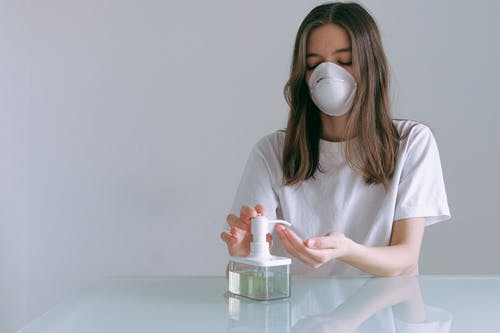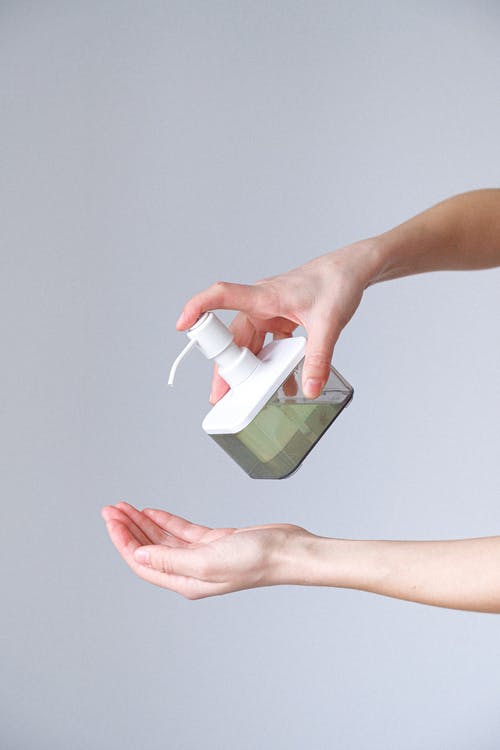Research shows there are disparities in COVID-19 treatments.
It’s become evident that three of the largest minority groups – Black, Latino, and Native Americans – have been more likely than white Americans to become infected with the coronavirus. The conditions they’ve experienced have been the worst of all populations, leading to hospitalizations and fatalities. This means that these three minority groups are experiencing the worst of the the pandemic and there is data now available to track this. Researchers are wondering whether this means they should be receiving more of the alternative and effective treatments available, including antibodies treatment.
“While much of the focus has been on African Americans disproportionately contracting and dying from COVID-19, other minority populations are also adversely affected, including Latinx/Hispanic and Native American communities,” said Sherita Golden, M.D., a specialist in endocrinology, diabetes and metabolism, and chief diversity officer at Johns Hopkins Medicine. “These communities share common social and economic factors, already in place before the pandemic, that increase their risk for COVID-19.”
One of the examples she presents is living in crowded spaces. “Crowded living conditions are a difficult challenge that is the result of longstanding racial residential segregation and prior redlining policies,” Golden said. “It is difficult for ten individuals living in a three-room apartment to appropriately physical distance.”

Monoclonal antibodies treatment (mAb), as well as dexamethasone and remdesivir have been the interventions that have followed the same disparity trends. The mAb treatment can block SARS-CoV-2 from entering cells and limit the amount of the virus in the body overall, which means shorter hospital stays and more of a likelihood that coronavirus symptoms have milder symptoms. However, it seems that the treatment has been disproportionately applied to non-minority groups.
The most recent study suggests racial differences in access to transportation, testing, and care; “inadequate insurance coverage;” supply issues; “potential biases in prescribing practices;” and a lack of messaging in communities of color about the availability of the treatment.
In a recent report from the Centers for Disease Control and Prevention (CDC), scientists analyzed data covering more than 800,000 patients across 41 health care systems from March 2020 to August 2021 and determined the results are worrisome, especially for the monoclonals.
Overall, “4 percent or less, on average,” according to the CDC, “received monoclonal antibodies treatment. However, Black and Asian patients were treated with monoclonals 22 percent and 48 percent less often, respectively, than white patients, the data suggests. Native Americans and Pacific Islanders were treated 47 percent less often than white patients. Hispanic patients were treated with monoclonals 58 percent less often than those who were non-Hispanic.”
“The disparities for dexamethasone and remdesivir were different and of lesser magnitude,” the authors note, with Hispanic patients receiving “dexamethasone 6 percent less often than non-Hispanic ones, and Black patients receiving remdesivir 9 percent more often than white patients.”
The study will hopefully shed some light on the disparities of certain lifesaving treatments and the reasons behind why some ethnic groups have a higher likelihood of recovering from symptoms than others. By doing so, some of the factors behind the disparities can be addresses and mitigated.


Join the conversation!